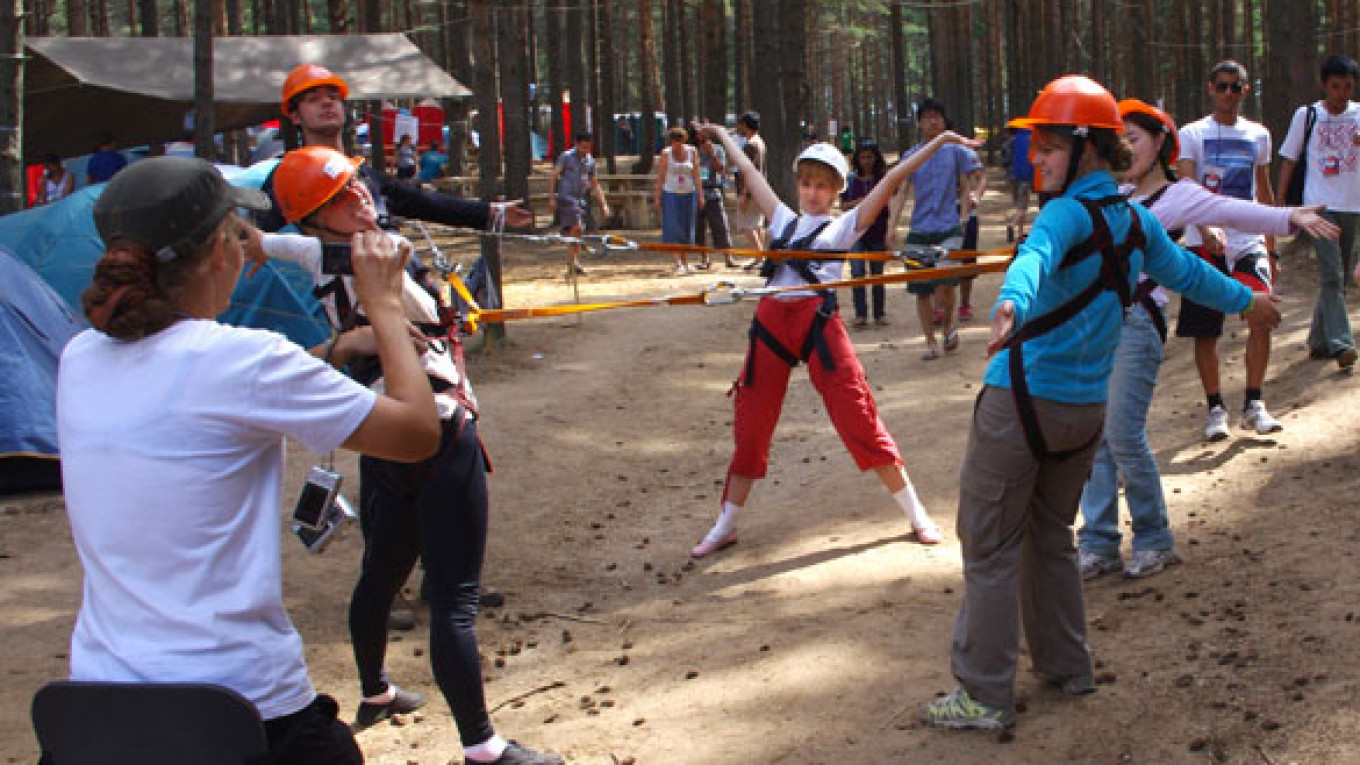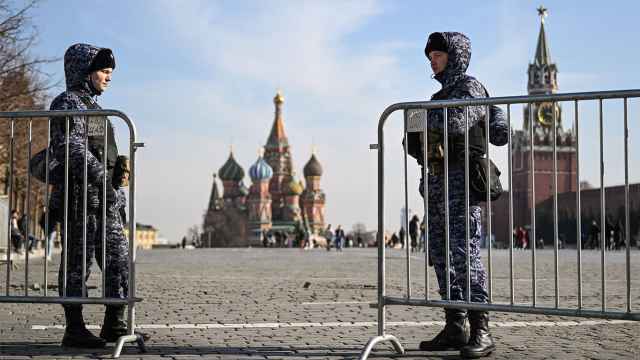The government has decided for the first time to take out both life and health insurance policies, and the coverage will be secured from the Sogaz insurer, one of the event’s sponsors, said camp director Alexei Volokhov, Interfax reported.
Volokhov did not specify the amount of the policy.
Last year’s Seliger camp was in full swing when a lone gunman, Anders Behring Breivik, killed 69 people, mostly teens, in an attack on a Norwegian island camp and eight other people in an Oslo bombing on July 22.
Volkov said at the time that a similar attack could not happen at Seliger, noting that the camp had a security staff of more than 100 people and a three-tier access system that he said could not be traversed without a valid identification and a luggage check.
Security arrangements for this year’s camp were not immediately available.
The Federal Youth Affairs Agency, which organizes the event, said 20,000 young people from 80 regions of Russia and more than 80 countries around the world were expected to attend this summer’s camp on the shores of Lake Seliger in the Tver region, Interfax reported.
The camp, which started as a pro-Kremlin event sponsored by the Nashi youth group, will be held from July 1 to Aug. 2 in eight-day shifts. Other than typical camp activities like swimming and making friends, campers will attend seminars delving into 11 fields, including volunteer work, young entrepreneurship, social work, politics and public utilities, the Federal Youth Affairs Agency said.
The educational courses and lectures will last a combined 500,000 hours, the agency said, adding that campers would be housed in 2,000 tents and are expected to use seven tons of paper and 10 terabytes of online traffic via free Wi-Fi during the event.
In years past, President Dmitry Medvedev and Prime Minister Vladimir Putin have met with the campers.
A Message from The Moscow Times:
Dear readers,
We are facing unprecedented challenges. Russia's Prosecutor General's Office has designated The Moscow Times as an "undesirable" organization, criminalizing our work and putting our staff at risk of prosecution. This follows our earlier unjust labeling as a "foreign agent."
These actions are direct attempts to silence independent journalism in Russia. The authorities claim our work "discredits the decisions of the Russian leadership." We see things differently: we strive to provide accurate, unbiased reporting on Russia.
We, the journalists of The Moscow Times, refuse to be silenced. But to continue our work, we need your help.
Your support, no matter how small, makes a world of difference. If you can, please support us monthly starting from just $2. It's quick to set up, and every contribution makes a significant impact.
By supporting The Moscow Times, you're defending open, independent journalism in the face of repression. Thank you for standing with us.
Remind me later.






